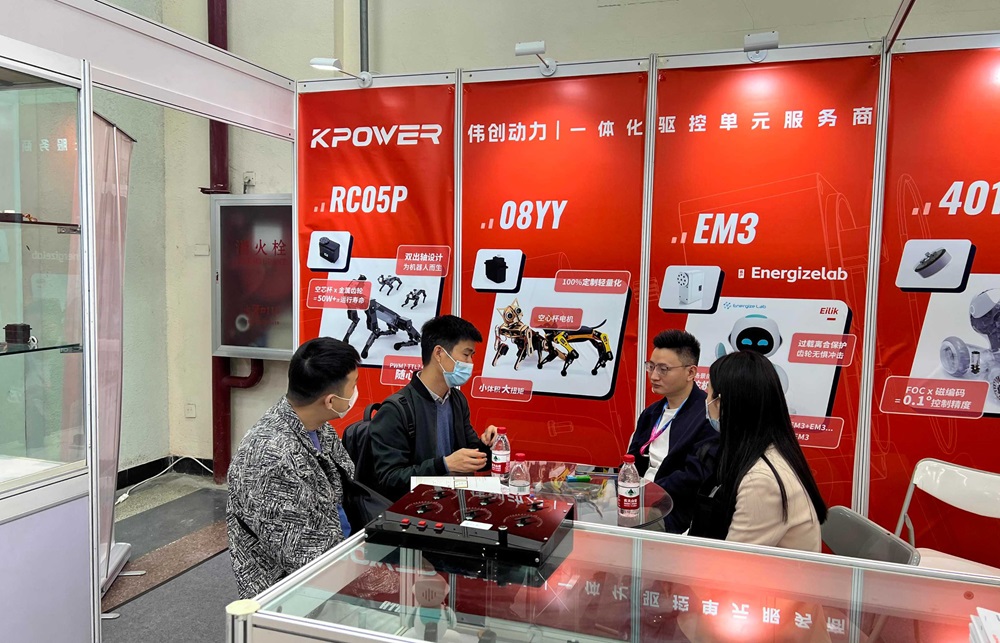Imagine a platform that puts all the tools and information you need right at your fingertips—efficient, intuitive, and tailored to elevate your experience. Welcome to the RCMS (Resource and Content Management System) Self Service Portal, an innovative digital hub designed to simplify your management tasks, whether you're an employee, administrator, or partner. If you've recently started exploring or are about to, understanding how to navigate this portal effectively can transform what might seem like complex processes into seamless, productive interactions.

Unveiling the Power of the RCMS Self Service Portal
At its core, the RCMS Self Service Portal is a centralized platform that consolidates various resource management functions into a single, accessible space. Instead of juggling multiple systems or waiting for manual processes, users can perform their responsibilities swiftly, improve workflow coordination, and ensure data accuracy—all without leaving their desks.
From updating personal profiles to managing resource allocations, the portal covers a comprehensive range of features that cater to a broad spectrum of needs. Its design philosophy emphasizes user-friendliness, security, and scalability, making it suitable for both small teams and large organizations.
Getting Started: Access and Authentication
The journey begins with gaining entry. To access the RCMS Self Service Portal, users typically receive credentials through secure channels—usually via organizational IT or administrative updates. These credentials often comprise a username (often your email or designated ID) and a password. For first-time login, there might be a temporary password provided, prompting users to change it immediately to maintain security.
Logging in is straightforward: visit the portal URL—usually provided by your organization—and input your credentials on the login page. Within moments, you’ll be greeted by the portal’s dashboard, a customizable interface designed to highlight what matters most to you.
Understanding the Dashboard: Your Control Center
Once inside, the dashboard functions as your control center. Here, you'll see various modules and quick links that lead to different functionalities:
Profile Management: Update your personal information, contact details, and view your account status.
Resource Requests: Submit, track, or modify resource requests—be it equipment, software, or other assets.
Task Management: View pending tasks, upcoming deadlines, or assigned responsibilities.
Notifications: Stay updated with system alerts, approvals, or important announcements.
Support & Help: Access tutorials, submit queries, or contact support staff.
Navigation is designed for simplicity. Tabs and icons are intuitively labeled, and often, the most frequently used features are accessible via quick links or personalized widgets. A user-friendly interface is key to ensuring that even those less tech-savvy can harness the portal’s full potential.
Customization and Personalization
The portal appreciates individual preferences. Users can personalize their dashboards—adding, removing, or rearranging modules—to suit their workflow. Some organizations even enable notification preferences, allowing you to choose how and when you want to be alerted about updates or requests.
Secure and Role-Based Access
Security remains a cornerstone of the RCMS Self Service Portal. Depending on your role—whether a regular user, supervisor, or administrator—you’ll have tailored access rights. For example, an administrator might manage system settings, whereas a regular user might only handle resource requests and profile updates.
Role-based permissions ensure data integrity and convenience. They prevent unauthorized access, thereby safeguarding sensitive organizational information. When you encounter new features or require additional access, your administrator can grant permissions in line with your responsibilities.
Key Features Explored
The portal’s core features are designed not just for efficiency but for enriching your user experience:
Resource Allocation Management: Submit requests for tools, hardware, or software, follow their approval process, and track delivery status all in one place.
Request History & Documentation: Access records of past requests, approvals, and correspondences—helpful for audits or future planning.
Real-Time Notifications: Receive instant updates about request status changes, upcoming deadlines, or organizational memos.
Self-Service Maintenance: Reset passwords, update security settings, or personalize notification preferences without needing assistance from IT.
Training & Support Resources: Benefit from tutorials, FAQs, and contact options that help you navigate new functionalities confidently.
Maximizing Your Use of the Portal
To get the most out of the RCMS Self Service Portal, consider these best practices:
Regularly update your profile: Accurate information ensures smooth communication and processing.
Use saved templates: For recurring requests, templates can save time and reduce errors.
Set preferred notification channels: Decide whether emails, SMS, or in-platform alerts suit your workflow best.
Attend training sessions: Many organizations offer briefings or tutorials—participate actively to uncover tips and hidden features.
Provide feedback: Your insights can drive improvements. Use the feedback feature or contact support when you encounter issues or have suggestions.
Anticipating Future Developments
As organizations evolve, so does the RCMS Self Service Portal. Expect periodic updates that introduce new features, enhance security, or refine user experience. Keeping your skills current—through training, documentation review, and regular portal usage—ensures you're always prepared to leverage the latest tools for your benefit.
I will continue with part 2 shortly, delving further into advanced functionalities, troubleshooting tips, and strategic insights to optimize your portal experience.
Kpower has delivered professional drive system solutions to over 500 enterprise clients globally with products covering various fields such as Smart Home Systems, Automatic Electronics, Robotics, Precision Agriculture, Drones, and Industrial Automation.




































